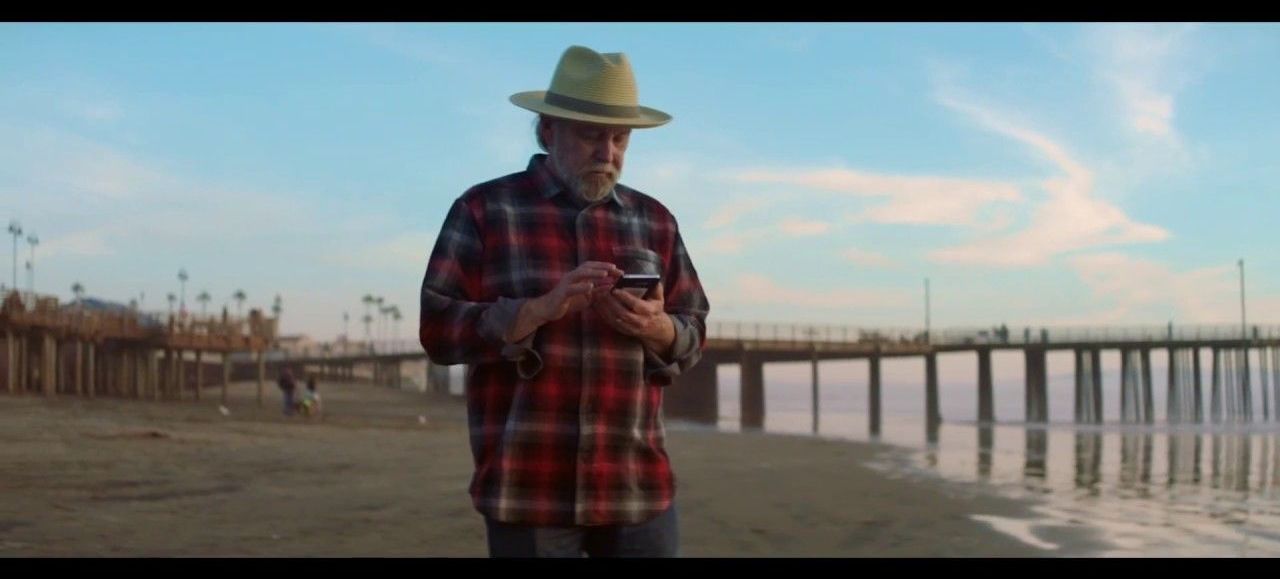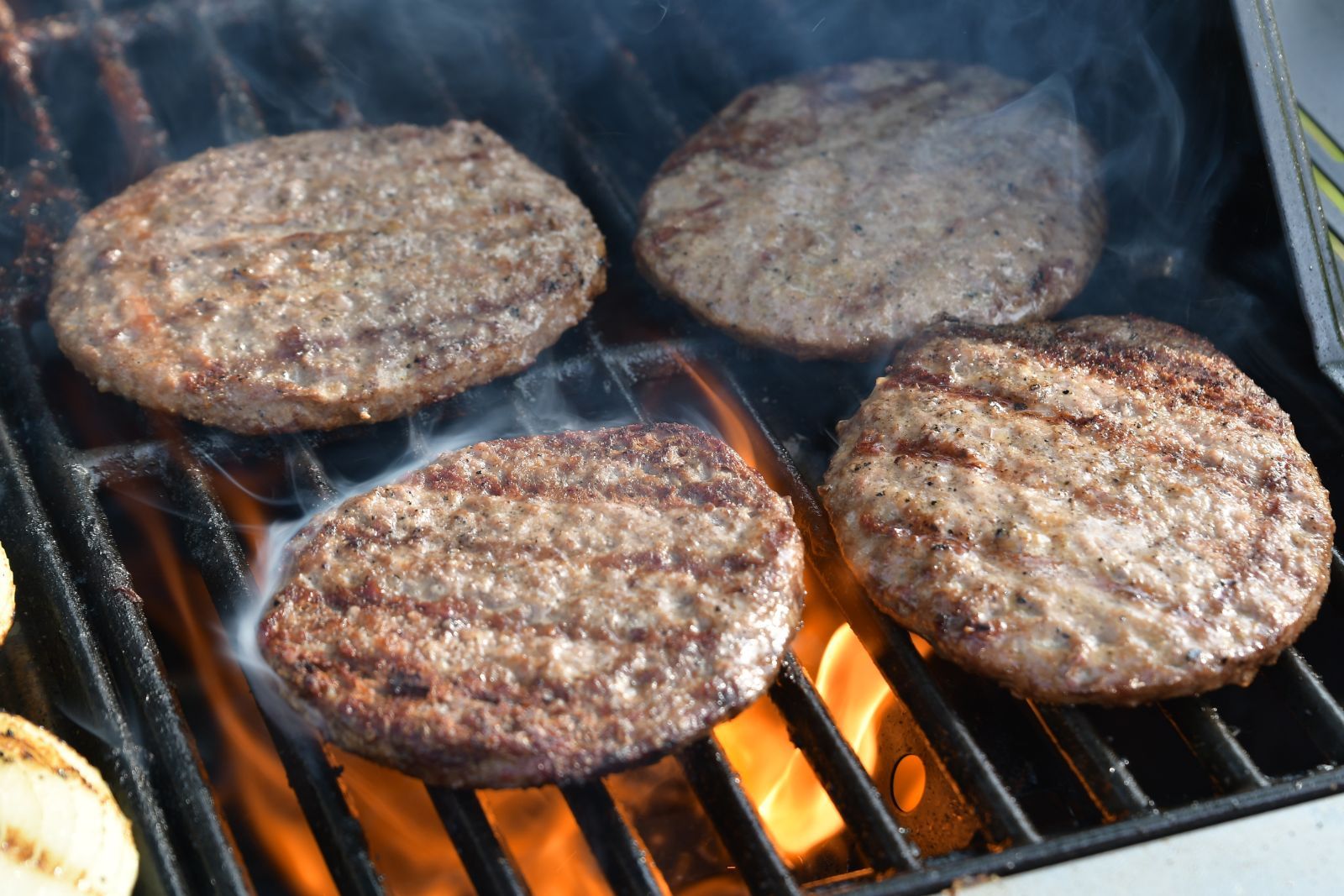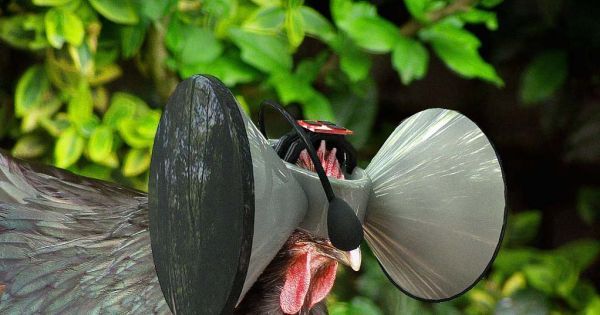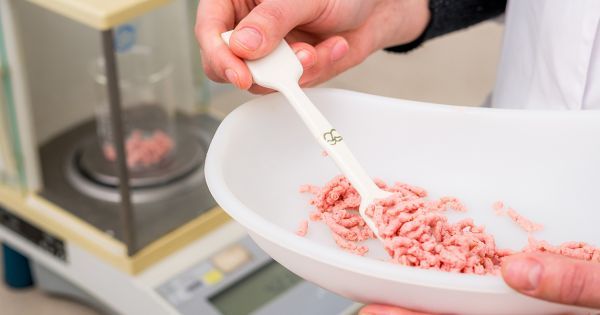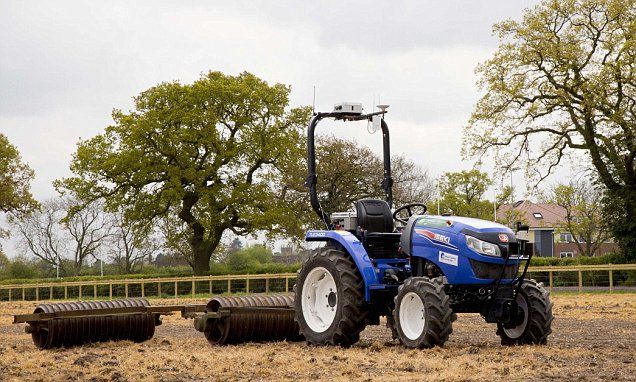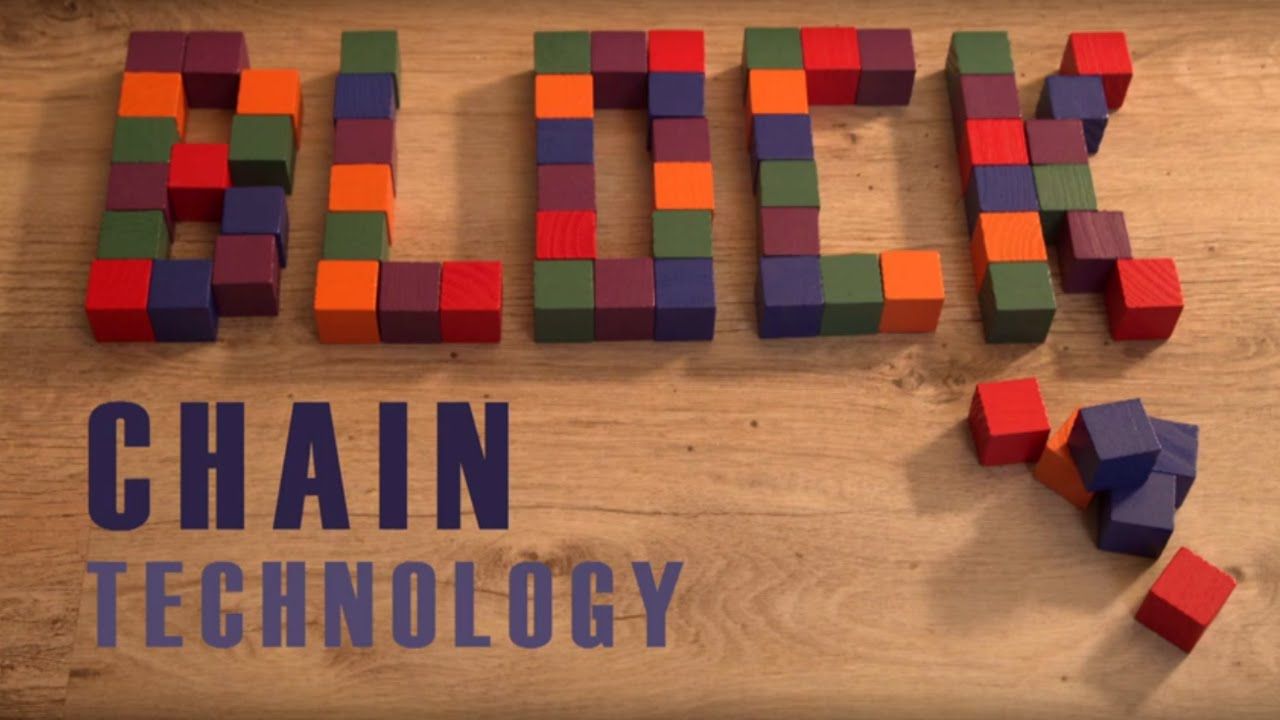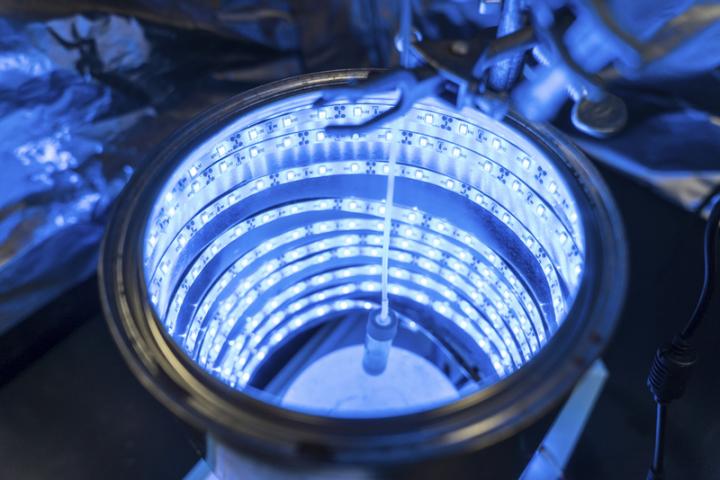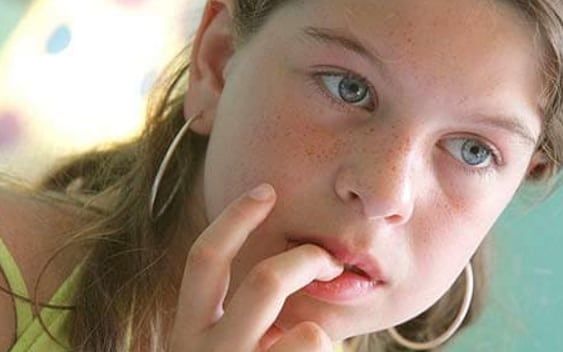A type of food that has been around for centuries, but is primed to be increasingly relevant to the future: Plant-Based “Meat.”
In this video series, the Galactic Public Archives takes bite-sized looks at a variety of terms, technologies, and ideas that are likely to be prominent in the future. Terms are regularly changing and being redefined with the passing of time. With constant breakthroughs and the development of new technology and other resources, we seek to define what these things are and how they will impact our future.
Follow us on social media:
Twitter / Facebook / Instagram
